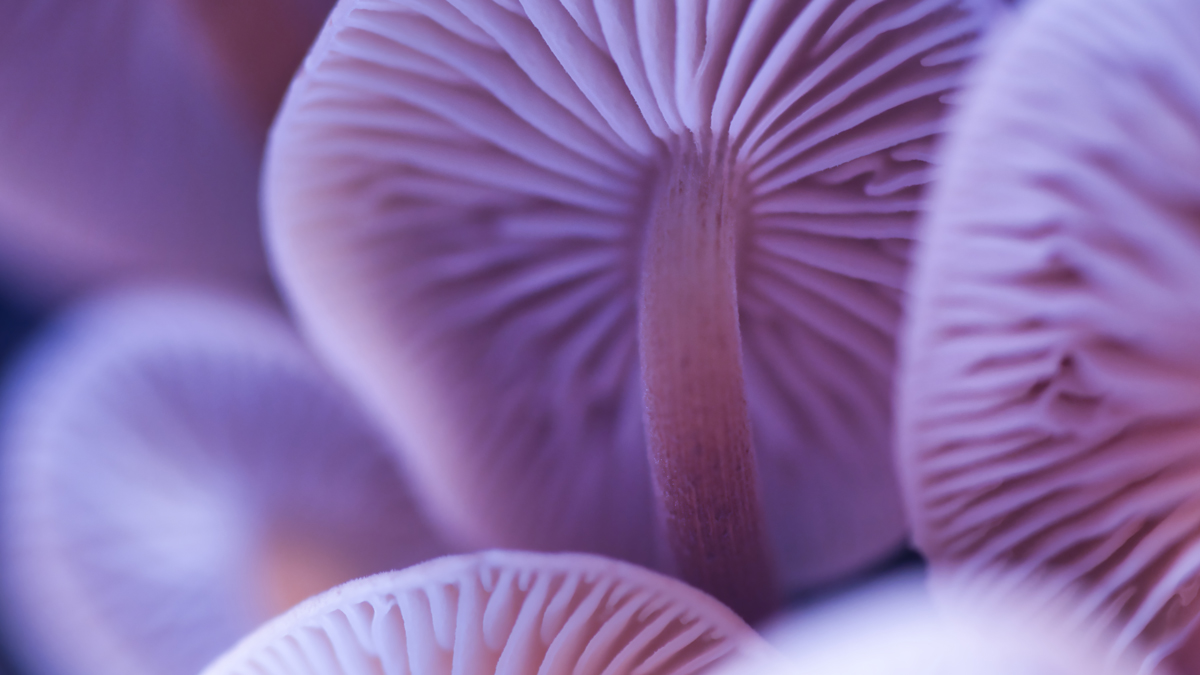Psilocybin
Largest-ever trial backs psilocybin treatment for depression
The psychedelic compound in magic mushrooms – psilocybin – can improve the symptoms of severe depression, according to
The post Largest-ever trial…

The psychedelic compound in magic mushrooms – psilocybin – can improve the symptoms of severe depression, according to largest randomised, controlled trial of the therapy carried out to date.
The phase 2 trial investigated a single administration of Compass Pathways’ proprietary Comp360 formulation of synthetic psilocybin given in tandem with psychological support to 233 subjects with depression that had not responded to antidepressant drugs.
The study tested two doses of the psychedelic drug – 10mg and 25 mg – with a 1 mg dose used as a control group. After three weeks, the 25 mg group saw a statistically significant reduction in Montgomery–Åsberg Depression Rating Scale (MADRS) scores compared to control, while the 10 mg dose showed no significant benefit.
All told, the response rate among those on the high dose was around 40% at three weeks. The effects seemed to taper off by 12 weeks however, to 20% in the 25 mg group versus 10% for controls.
Moreover, the 25 mg dose was associated with side effects including headache, nausea, and dizziness, and in some cases the treatment prompted memories and other experiences that could be frightening, emphasising the need to deliver the therapy in a controlled, supportive environment.
The researchers – from the Institute of Psychiatry, Psychology and Neuroscience at King’s College London and South London and Maudsley NHS Foundation Trust – say that while the results show some promise, larger studies with a much longer follow-up are still needed.
It’s notable that the patients enrolled into the trial had depression despite being previously treated with between two and four antidepressant therapies, and there is a desperate need to find new options for this group.
Approximately 100 million people in the world suffer with treatment-resistant depression, which means they have not responded to at least two antidepressant treatments for their major depressive disorder.
One big challenge when studying psychedelics is that it can be challenging to ensure patients are unaware which arm they are in, as the treatments can cause euphoria and hallucinations that undermine the blinding of the trial. They may therefore be more likely to report a benefit, regardless of whether the therapy is working.
Nevertheless, the work is an advance on earlier studies that have tended to use smaller numbers of patients and a variety of efficacy measures.
“These findings are a positive step in the right direction,” said study lead Dr James Rucker. “Our task now is to investigate psilocybin for treatment-resistant depression in larger clinical trials with more participants, comparing it both to placebo and to established treatments.”
The study – conducted at 22 sites in 10 countries across Europe – has been published in the New England Journal of Medicine.
Dr Ravi Das of University College London, who was not involved in the study, said the study is large for the psychedelics category, but not what would be considered a large sample for a clinical trial in the medical literature.
“It was more robustly designed than many prior studies of psilocybin interventions for depression, although the period over which it followed participants was still far too short; a common problem in the psychedelic medicine field,” he added.
“Depression can be a long-lasting problem and much longer follow-up periods than 12 weeks should be used.”
A phase 3 trial programme for COMP360 is due to start soon that will study single as well as repeat doses of the therapy to see if it can prevent depression symptoms returning, with the primary endpoint MADRS scores at week six. Compass is also planning a long-term follow-up study.
The post Largest-ever trial backs psilocybin treatment for depression appeared first on .
psilocybin psychiatry psychedelic therapy major depressive disorder depressive disorder depression antidepressant psychedelics compass
-

 Psychedelics6 days ago
Psychedelics6 days agoExploring Psilocybin’s Potential in Diabetes Management
-

 Psychedelics1 week ago
Psychedelics1 week agoCybin to Present at the 2024 Bloom Burton & Co. Healthcare Investor Conference
-

 Psychedelics6 days ago
Psychedelics6 days agoAll About the New Ketamine Trial at the University of Otago
-
Law & Regulation1 week ago
Canada’s Optimi Health to ship psilocybin to New Zealand psychedelics research center
-

 Law & Regulation1 week ago
Law & Regulation1 week agoSynaptogenix increases psilocybin stake with PsygaBio
-

 Psychedelics6 days ago
Psychedelics6 days agoThe EU’s Plan for a €6.5M Study of Psychedelics To Treat Mental Disorders
-

 Psychedelics6 days ago
Psychedelics6 days agoThe EU’s Plan for a €6.5M Study of Psychedelics To Treat Mental Disorders
-

 Psychedelics6 days ago
Psychedelics6 days agoExploring Psilocybin’s Potential in Diabetes Management










